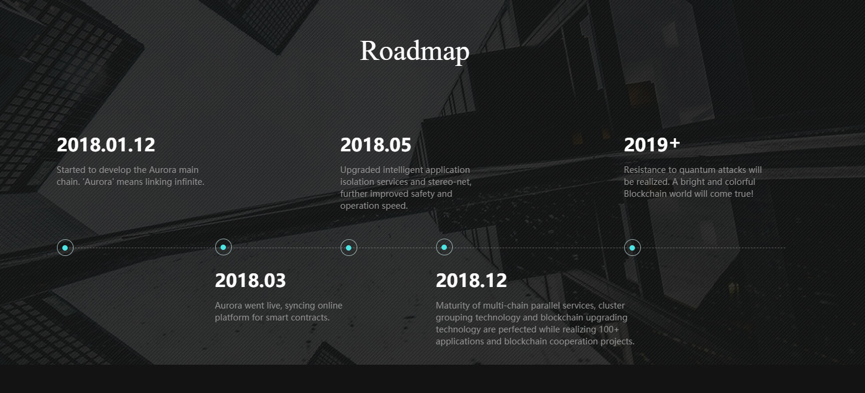Aurora (AOA) Review – A Smart Contract Platform for Gaming, IoT, and AI
| Name | Aurora |
| Ticker | AOA |
| Total Supply | 10,000,000,000 |
| Initial Price | $0.056 |
| Category | Smart Contracts |
| Website URL | https://www.aurorachain.io/ |
| White Paper URL | https://www.aurorachain.io/Aurora%20Chain%20white%20paper%20EN.pdf |
Aurora is a smart contract platform with a mission to create lightning speed operations for applications on the blockchain in the gaming, IoT, big data, and AI industries. It delivers this through new technologies like P2P stereo-net, intelligent application isolation, group clustering, and the support of multi-asset offerings.
Update: The company announced the official launch of its mainnet on September 21st.
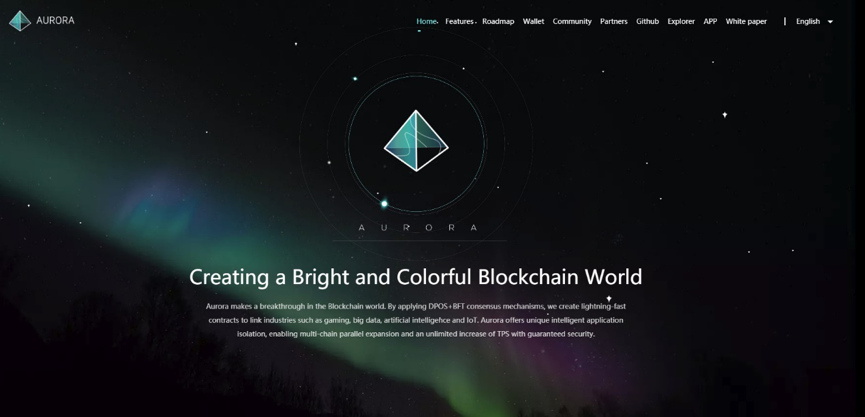
The Idea and the Team Behind Aurora
Aurora uses the blockchain the verify and store transactions using DPoS and BZT algorithms in addition to cryptography. Its goal is to improve the operation rate and network performance through the use of smart contracts. As of last month, Aurora boasted a total volume of 400,000, and a daily active user (DAU) base of 150,000. Two-thirds of this market is from overseas (outside of China). The company’s strategy is to continue to build offices in key cities for the market.
Meijun Zhao co-founded Aurora with Bo Zhang, who currently serves as the Vice President. Zhao has many years of experience in both IT and blockchain and was previously the founder of Achain, a public chain.
“AuroraChain is a new public chain applying many new technologies. What we seek ultimately is to build a bright and colorful blockchain world, a world where many industries can be better incorporated with blockchain technologies to push forward the development of the industry,” explained Zhang in an interview to NewsBTC.
The name Aurora means linking infinite, and the company sees its mission as building a wonderful and colorful blockchain world that shines like an aurora.
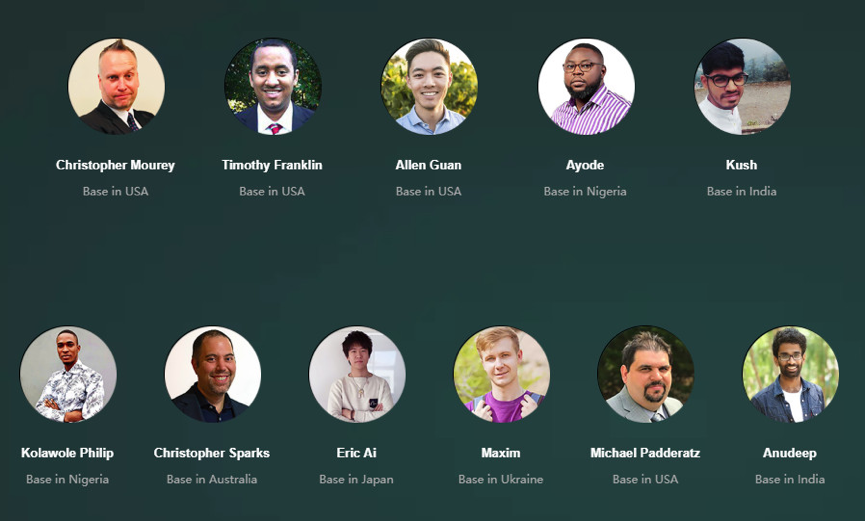
Aurora has widespread application in the gaming, IoT, artificial intelligence (AI), astronautics and the supply chain industry.
Aurora Partnerships
Aurora has a number of strategic partnerships in the blockchain, media, and gaming industries.
After the establishment of its European office in Berlin, Aurora announced its cooperation with Berlin Baltic Nordic, a business and networking platform for media companies focusing on startups, gaming and digital media, to facilitate blockchain projects in Europe.
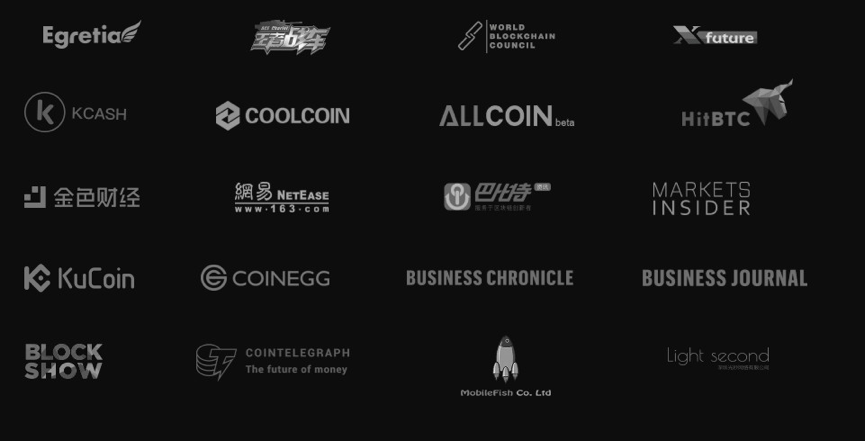
Aurora was recently awarded the “Star Entrepreneur of 2018 Blockchain” along with nine other blockchain projects. It also ranked in the top 5 in the Huobi Public Chain Leader Competition last month. In September, the company announced a partnership with BlockBridge, a South Korean blockchain company.
The Aurora Technology
Aurora’s technology has a number of different features:
Delegated Proof of Stake (DPoS) and Byzantine Fault Tolerance (BFT) Consensus
Together, Aurora’s Delegated Proof of Stake and Byzantine Fault Tolerance work to create a peer-to-peer network that allows for multi-asset launching. In addition, these two consensus mechanisms eliminate the risk of forking.
In order to facilitate high transaction speed, Aurora relies on the DPoS consensus mechanism. DPoS ensures high security without the disadvantages of Proof of Work and traditional Proof of Stake consensus.
In addition, BFT can further enhance the system’s security. With BFT, Aurora can determine which part of the system has failed and shut down only that part of the system.
P2P Stereo-net
The peer-to-peer stereo net is a broadcasting network developed from many nodes. Proxies can connect directly through the upper layer network. Network layers allowed for faster and more secure connections.
Intelligent Isolation of Applications
Verified transactions enter the Pending Zone, where a smart schedule automatically reviews each contract. With the Pending Zone, applications don’t influence one another and can operate independently.
Multi-Asset Launching
Assets can be simplified while maintaining a processing speed at the same level as main chain coins. While standard token offering procedures include simplified and regulated token offering methods and procedures, multi-asset launching enables tokens to be used in contracts directly without the need for additional contracts.
Multi-Chain Parallel Operation
Multi-chain parallel operation increases efficiency in comparison with single-chain structures that are restricted by encryption and online transmissions. A P2P network, with a cross-chain consensus system, can have higher transaction speeds which can increase as the number of chains increase as well.
Upgradable Blockchain
The blockchain can be expanded with the LLVM compiler. After the upgraded blockchain is available to all clients publicly, they can upgrade together.
Cluster Grouping
Nodes in the network will form a group that will verify transactions together. The advantage of this system is that user data storage costs are cheaper. Users who help others will receive rewards, similar to a mining mechanism.
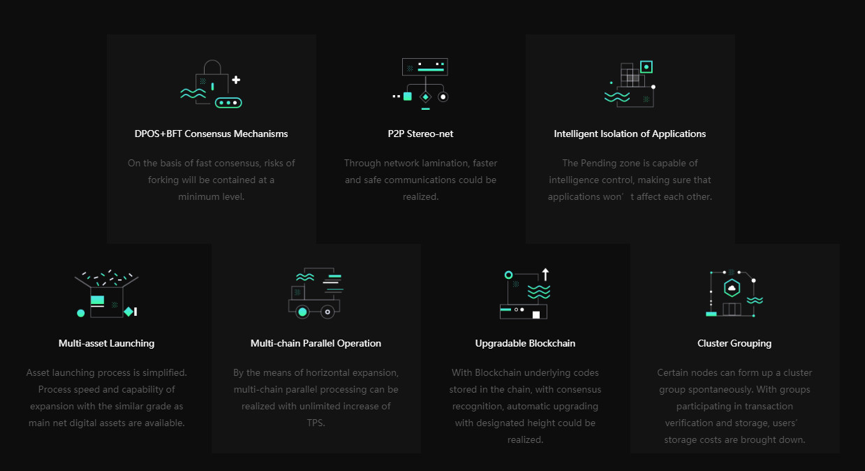
Anti-Quantum Attack Technology
Quantum calculations are simultaneous, and can therefore solve problems electronic computers are not able to solve. The public-key system that is based on electronic computers is challenged by quantum computers. The Grover and Shor quantum algorithms, for example, can attack key agreements, making them no longer secure. At the moment, however, lattice-based cryptography remains secure and able to resist quantum attacks.
Aurora Price History
AOA launched its token in June 2018 at an initial price of $0.058. The token hit a low point of $0.016 in August. The token has been on a downward trend since its launch.
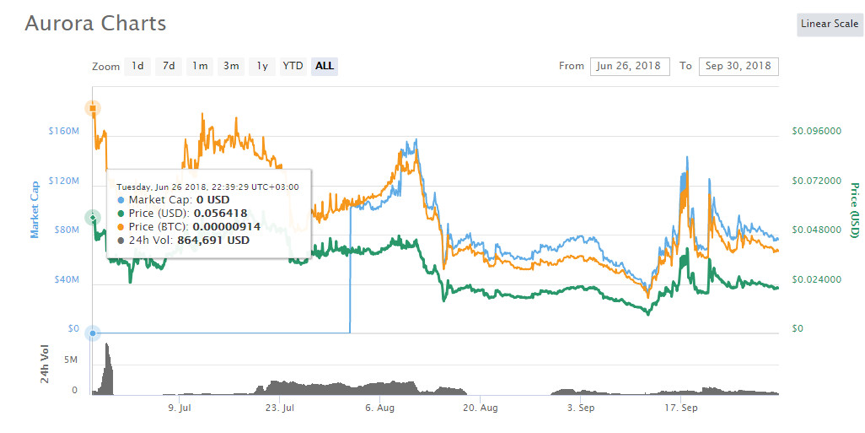
The AOA Token
The AOA token powers the Aurora Chain. It has a low commission rate of 0.0001 unless the system is working to protect against attacks. The maximum supply of AOA is 10 billion.
The distribution of AOA was as follows:
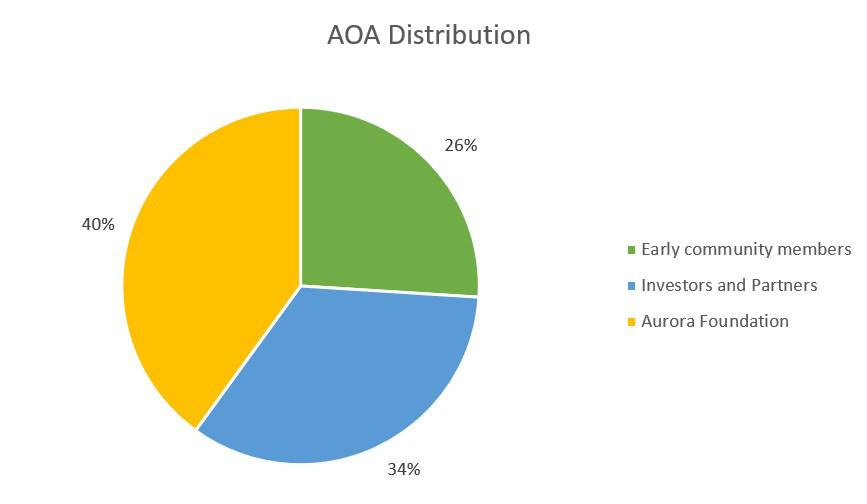
The Aurora Foundation enables daily operation, rewards for team members and community developers in addition to ecosystem creation.
How to Purchase AOA
The main exchange for purchasing AOA is on Kucoin, which currently has the largest volume of the currency at over $430K. AOA can be traded on Kucoin for BTC, ETH and USDT.
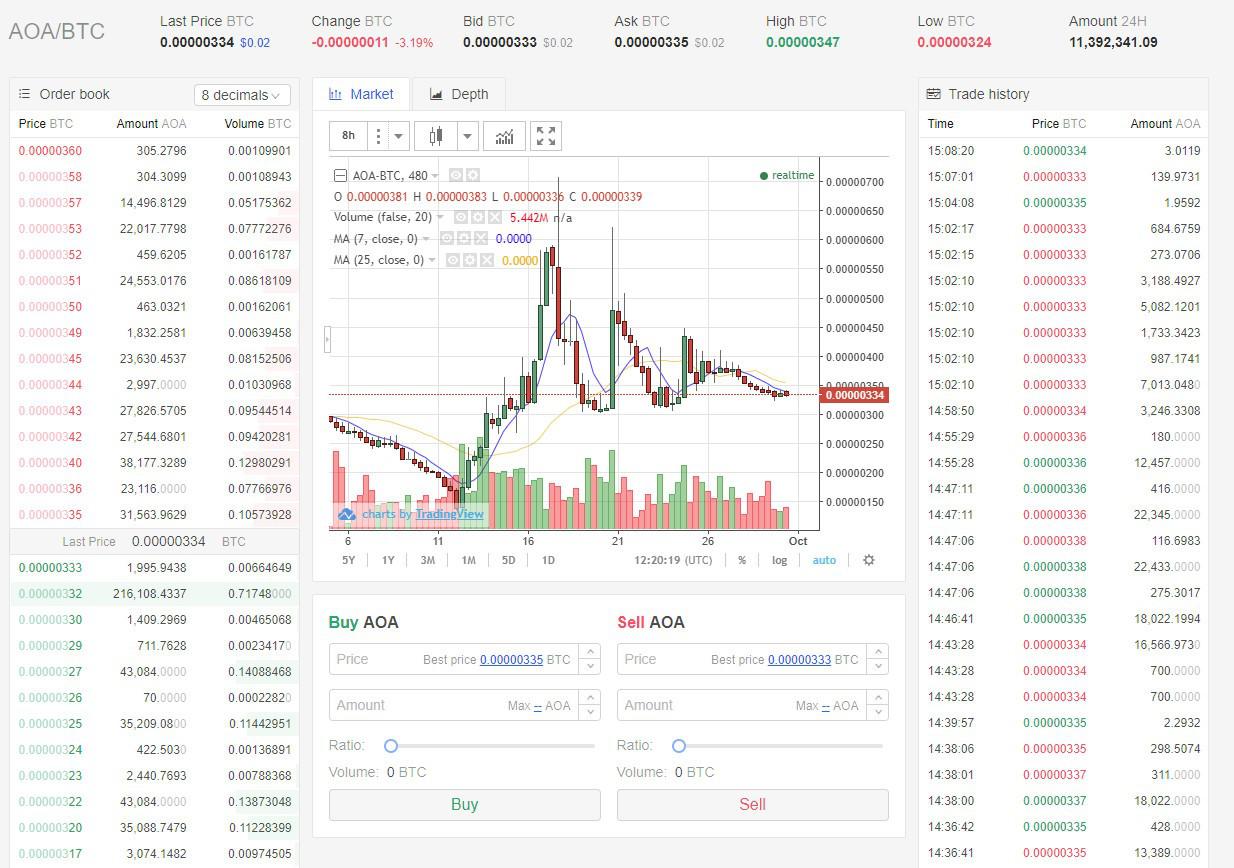
AOA is also available on the Bitinka exchange for BTC, ETH and USD.
How to Store AOA
AOA has its own official wallet available in PC or Mac desktop versions that is available for download from their website. Other wallets which support AOA include Kcash and Math.
Roadmap and Future Plans
Aurora’s roadmap is available on their website. The company began development at the beginning of 2018 and went live in March of the same year. By May, the company was able to further improve safety and operation speed as well as upgrade intelligent application isolation services. By the end of 2018, multi-chain parallel services had reached maturity. Cluster grouping technology and blockchain technology were improved, enabling the creation of more than 100 app and blockchain projects. Currently, the company is focusing on further collaboration with the gaming, AI, IoT and big data industries. They are also continuing to build their ecosystem to prepare for mass adoption.
For 2019, Aurora aims to improve the platform’s resistance to quantum attacks.
